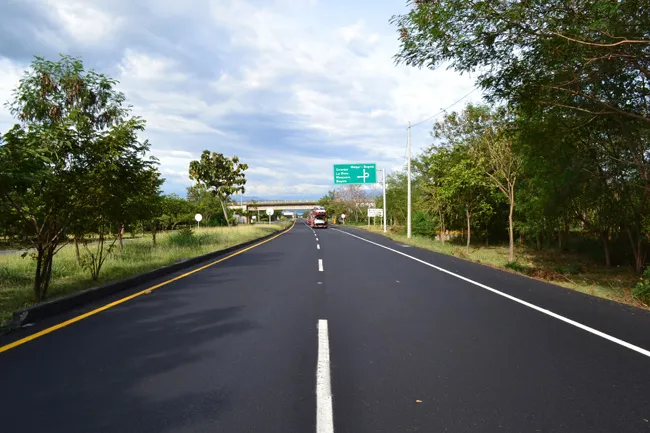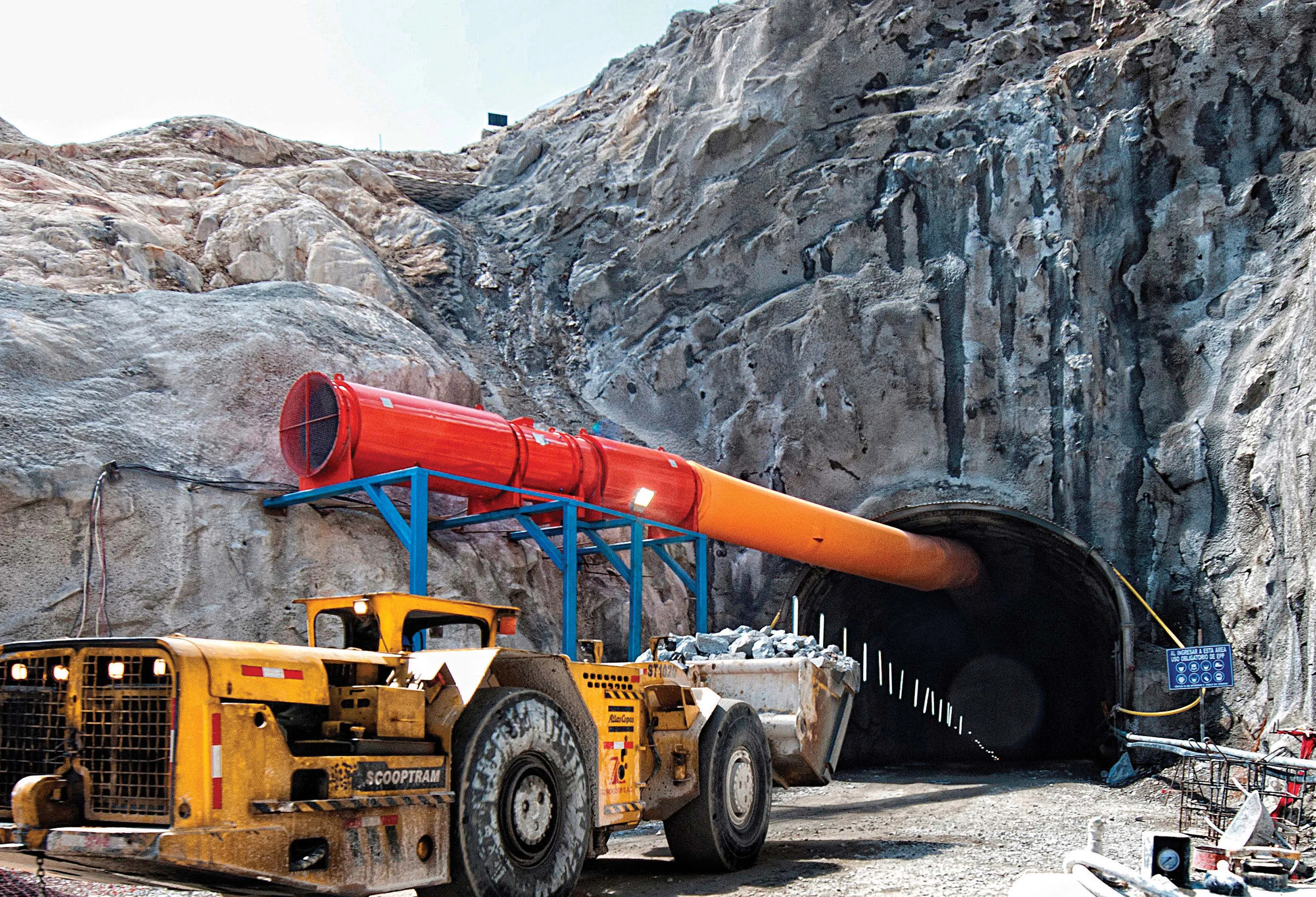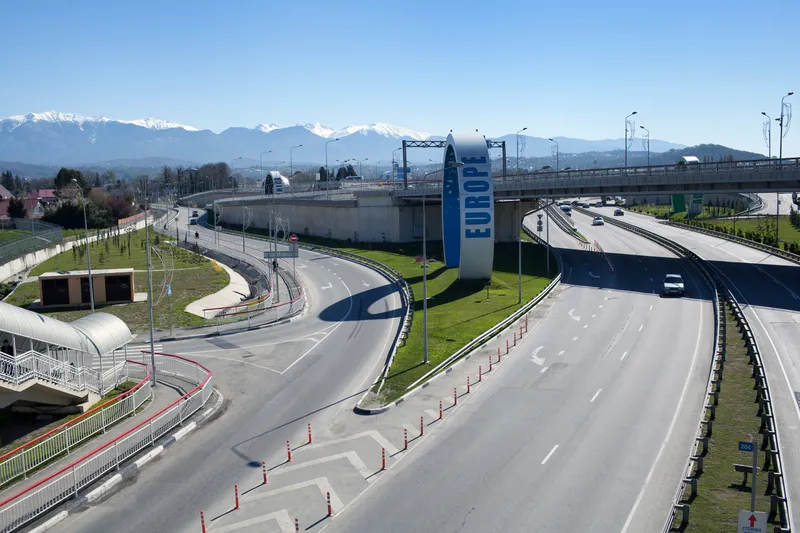Mexico has made a significant advance in developing its road network in Queretaro State and Coahuila State. Some US$900 million was used to develop the road network on Queretaro State during the 2012-2018 period, while $370.1 million was used to improve the road network in Coahuila State during the 2014-2018 period.
Mexico’s Secretariat of Communications and Transport (
Meanwhile in Coahuila State projects have included upgrade work to a 62km section of road between San Pedro and Cuatro Cienegas road as well as an 11.5km section of road connecting San Buenaventura with Estacion Hermanas. Other projects carried out include improvements to a 41km section of the Laguna bypass and upgrade work to routes connecting with the US border such as the road between Nava and Piedras Negras.
Mexico highway development in Queretaro State and Coahuila State
Mexico has made a significant advance in developing its road network in Queretaro State and Coahuila State. Some US$900 million was used to develop the road network on Queretaro State during the 2012-2018 period, while $370.1 million was used to improve the road network in Coahuila State during the 2014-2018 period. Mexico’s Secretariat of Communications and Transport (SCT) said that major projects in Queretaro State included building the Queretaro bypass and a road link connecting Portezuelo with Palmillas
August 22, 2018
Read time: 2 mins








